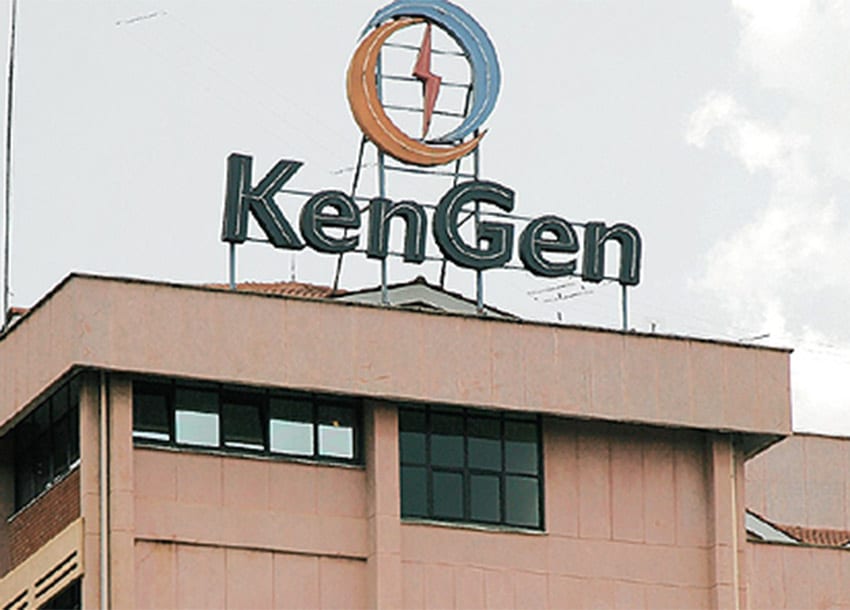Energy sector scores high in bridging gender gap
By People Daily, September 7, 2021Mary Maalu
Earlier this year, the Global Gender Gap Index by the World Economic Forum placed Kenya at position 95 among 156 countries.
Compared to the ranking in 2006, this position was a drop of 22 points, having been ranked 73 in the first index.
It was, however, an improvement from 2020 when the country was ranked 109.
According to the report, Kenya scores well when ranked against other African countries on social and economic dimensions but not as high on empowerment and representation.
Yet, the Constitution requires that the representation of either gender in public organisations and elective positions shall not exceed two-thirds with the minority having at least 33 per cent, or what is now popularly referred to as the two-thirds gender rule.
According to the African Development Bank and ENERGIA country brief on gender and energy, when it comes to data representation, employment and decision-making in the sector, 35 per cent of the total number of staff and 15 per cent of the technical leadership positions in the Ministry of Energy headquarters are occupied by women.
The report states that Kenya has showcased inspiring examples of women’s involvement in senior leadership positions.
The Kenya Electricity Generating Company (KenGen) has been making deliberate efforts towards gender inclusion.
Today, with credit to a gender mainstreaming programme dubbed Pink Energy Initiative, the company has gone a long way in creating change and enhancing the potential of women.
Earlier this year, the initiative was awarded the annual trailblazer award by the government during the International Women’s Day celebrations for promoting gender mainstreaming and women empowerment.
The milestone was cemented by a recent organisational Health survey by KPMG that revealed an impressive 70 per cent score where employees at KenGen felt more motivated thanks to initiatives like pink energy and other inclusion programmes.
In 2019, the Ministry of Energy unveiled a Gender Policy that seeks to bolster efforts towards raising the level of gender awareness, changing attitudes and inculcating an engendered work culture among staff in the energy sector.
The policy also focuses on integrating gender, considering the needs of both men and women in all ministry segments through gender analysis and integrating them into planning.
The document also serves to strengthen institutional capacities for gender mainstreaming as the foundation for gender-sensitive project formulation, implementation and impact evaluation of all energy projects.
This move is important in the energy sector where players are making deliberate steps to increase the proportion of women in technical roles.
It is worth noting that globally, the energy sector is one of the least gender-diverse. Despite making up 48 per cent of the world workforce, women only account for 22 per cent, with even lower numbers at management level.
According to the International Energy Agency report on Energy and Gender, women’s barriers in the sector are similar to those they face elsewhere in the economy.
The findings of the report form the basis for the need to empower women by facilitating professional growth.
To achieve this, it is vital to improve access to employment and financial resources while investing in women’s human and social capital through education, skills development and creation of cherished professional networks. — The writer is Corporate & Regulatory Services Director at KenGen PLC and Patron for the KenGen’s Pink Energy — mmaalu@kengen.co.ke
More Articles

